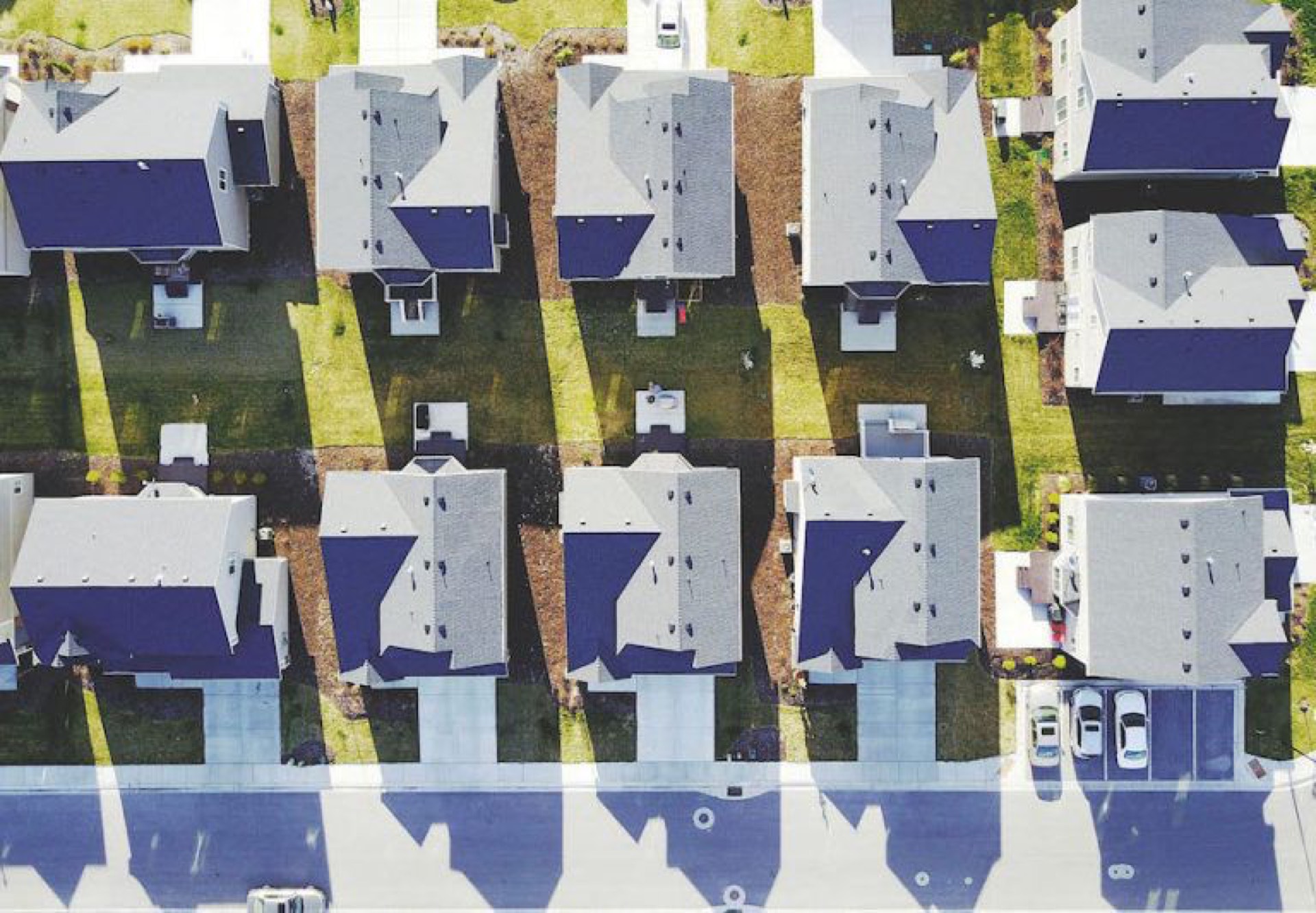Introduction: Being a remote landlord can be challenging, especially when unexpected incidents occur, such as a fire breaking out in one of your rental properties while you are away on vacation. This situation can be particularly daunting when you have no eyes on the ground and your residents are unresponsive. However, by staying calm, acting swiftly, and following a step-by-step plan, you can effectively handle the crisis and minimize the damage. In this blog, we will provide guidance on how to handle a fire in your rental property while you are out of the country.
- Stay Calm and Assess the Situation: The most important thing when faced with a crisis is to remain calm. Take a deep breath and assess the situation objectively. If you receive news of a fire, gather as much information as possible regarding the severity, location, and any potential injuries.
- Contact Emergency Services Immediately: Without hesitation, dial the emergency services number in the country where the property is located. Report the fire and provide accurate information about the property’s address and any potential hazards nearby. Make sure to relay that there may be occupants inside.
- Contact Your Insurance Provider: Notify your insurance provider as soon as possible. They will guide you through the claims process and provide instructions on how to document the damage. Take photos and record any evidence of the fire to aid your insurance claim later.
- Notify Local Contacts: If you have reliable local contacts, such as property managers or neighbors, inform them about the situation. Ask them to take immediate action by visiting the property and assessing the extent of the damage if they can do so safely.
- Engage Professional Services: Contact a reputable fire restoration company to assess the damage and provide a repair estimate. They can help secure the property, board up any broken windows or doors, and initiate the cleanup process.
- Communicate with Your Residents: Even if your residents are not responding to calls or emails, continue to reach out to them through all available channels. Use a combination of phone calls, text messages, and emails to inform them about the fire and ensure their safety. Provide them with emergency contact details and inform them about temporary accommodation options if necessary.
- Provide Assistance and Support: Offer assistance and support to your residents during this challenging time. Understand that they may be overwhelmed, and encouraging open communication can help minimize misunderstandings or conflicts.
- Coordinate Repairs and Restoration: Work closely with the fire restoration company and any other contractors involved to coordinate the repairs and restoration process. Ensure that they provide detailed progress reports and documentation for insurance purposes.
- Review and Reinforce Safety Measures: Once the property is restored, conduct a thorough review of the fire safety measures in place. Update or reinforce fire alarm systems, smoke detectors, fire extinguishers, and emergency exit plans. It is crucial to prioritize the safety of your residents and take measures to prevent future incidents.
- Maintain Communication and Regular Inspections: Continue to maintain regular communication with your residents after the incident. Conduct periodic inspections of the property to address any concerns proactively and maintain a positive landlord-tenant relationship.
Conclusion: Facing a fire in your rental property while on vacation can be a stressful experience for remote landlords. However, by staying calm, taking immediate action, and following the steps outlined in this blog, you can effectively handle the situation. Remember to prioritize the safety and well-being of your residents while working towards restoring the property. With proper communication and timely coordination, you can overcome the difficulties and strengthen your relationship with your residents.
Disclaimer: This blog post is intended for informational purposes only and should not be considered legal or professional advice. Please consult with experts in your local jurisdiction for guidance specific to your situation.

